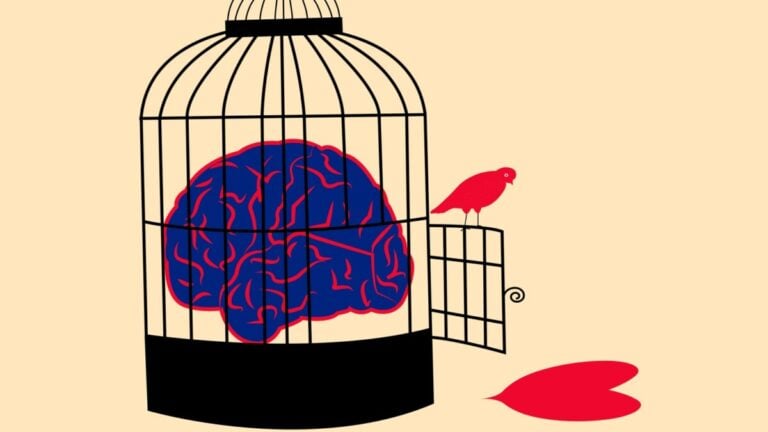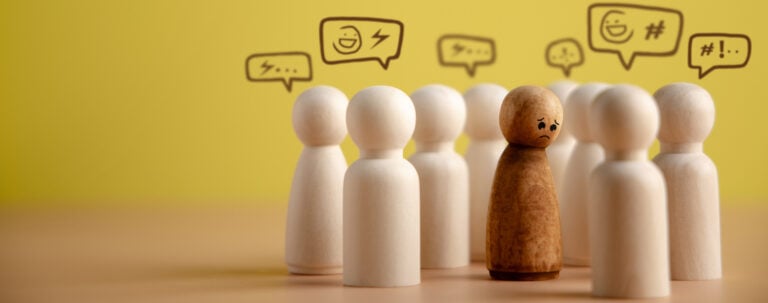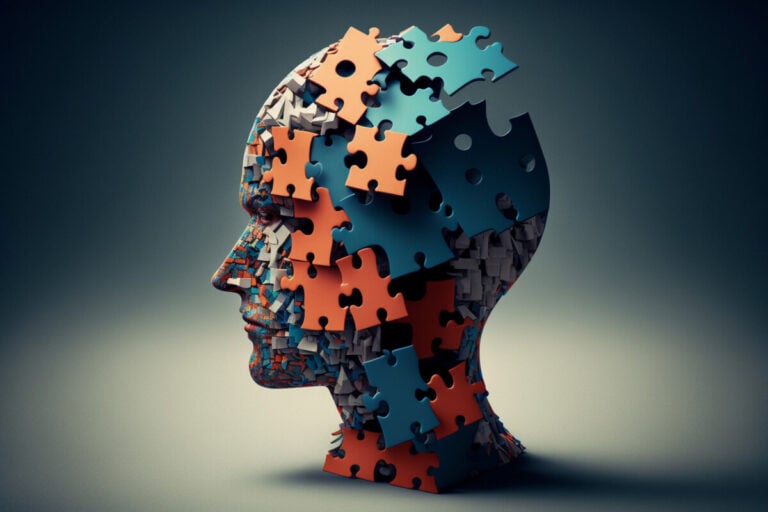In this article we will look at why negative thoughts and self-flagellation arise.
How do you understand that you are devaluing yourself?
Devaluation of oneself is a process in which a person does not give himself due importance, underestimates his abilities, and places himself as if inferior to others.
Some signs that you may be devaluing yourself:
- You often criticize yourself, you see only the negative sides of your personality or activities
- There is a feeling of one’s own inferiority, inability, self-doubt
- Constantly comparing yourself to other people, believing that they are better than you
- Difficulty accepting compliments, tendency to deny positive feedback about yourself
- You constantly need confirmation of your value and importance from others
- Fear of failure, striving for perfect results for fear of not being good enough
Imagine a balance swing from a playground (the structure of a swing is simple – it’s a kind of stick, on the ends of which children sit). The point of this swing is to catch balance.
If we transfer this example to psychology, it will turn out like this – egocentrism and inflated self-esteem will be on one side of the swing, and self-criticism and devaluation will be on the other. It is important to catch that same balance.
Why can a person criticize himself a lot?
In psychology, there is a concept: parental messages are a concept from transactional analysis that describes the messages, values and beliefs that children receive from their parents or other significant adults in early childhood. These messages can influence a person’s personality development, self-esteem, and behavioral patterns throughout his or her life. And if you have often been compared to others, this message is called: “don’t be yourself.”
This literally means the danger of being yourself, because you will not be accepted as you are. A person with such a message grows up and begins to criticize, compare and devalue himself. It always seems to him that his neighbor’s grass is greener. Better. More beautiful. And the neighbor is therefore smarter and cooler.
Such a person feels the need to constantly look around, focus on someone and be upset that he cannot be like them.
What to do and how to stop beating yourself mentally?
If you notice that you constantly blame yourself, criticize, underestimate, then you should not leave it as it is, in the hope that it will go away on its own. It is important to start working on changing this negative behavior pattern:
- Reduce demands on yourself. The “oops, mistake” technique will help here. Every time something doesn’t go the way you wanted, instead of depressing yourself, think: “oh, a mistake, well, it doesn’t happen to anyone.” That is, instead of exaggerating, understate.
- Think about this phrase: “I’m only human”. And people tend to make mistakes. And that’s absolutely normal. And even good. If there were no mistakes, there would be no experience. And without experience it is impossible to create or improve something. You won’t be able to grow a beautiful plant or create a lamp. Everything you see around you was built only thanks to a huge number of mistakes.
How to stop devaluing yourself?
Such a simple and at the same time complex question. The answer lies in the question itself – you need to start appreciating yourself.
How to do it? Remember the balance swing? Now you are used to paying attention only to your mistakes, looking for something wrong in yourself. And there is no balance. You definitely need to add your own advantages to the second side of the swing. Added? Now concentrate on them, strengthen them.
In a beautiful garden there is always one rotten strawberry. One in a thousand. Why concentrate on it when you can enjoy the rest of your garden. And you can walk past these strawberries with the thoughts: “It’s too much.” Oops, mistake. Well, okay. Next time I’ll know that I need to pour less.”







